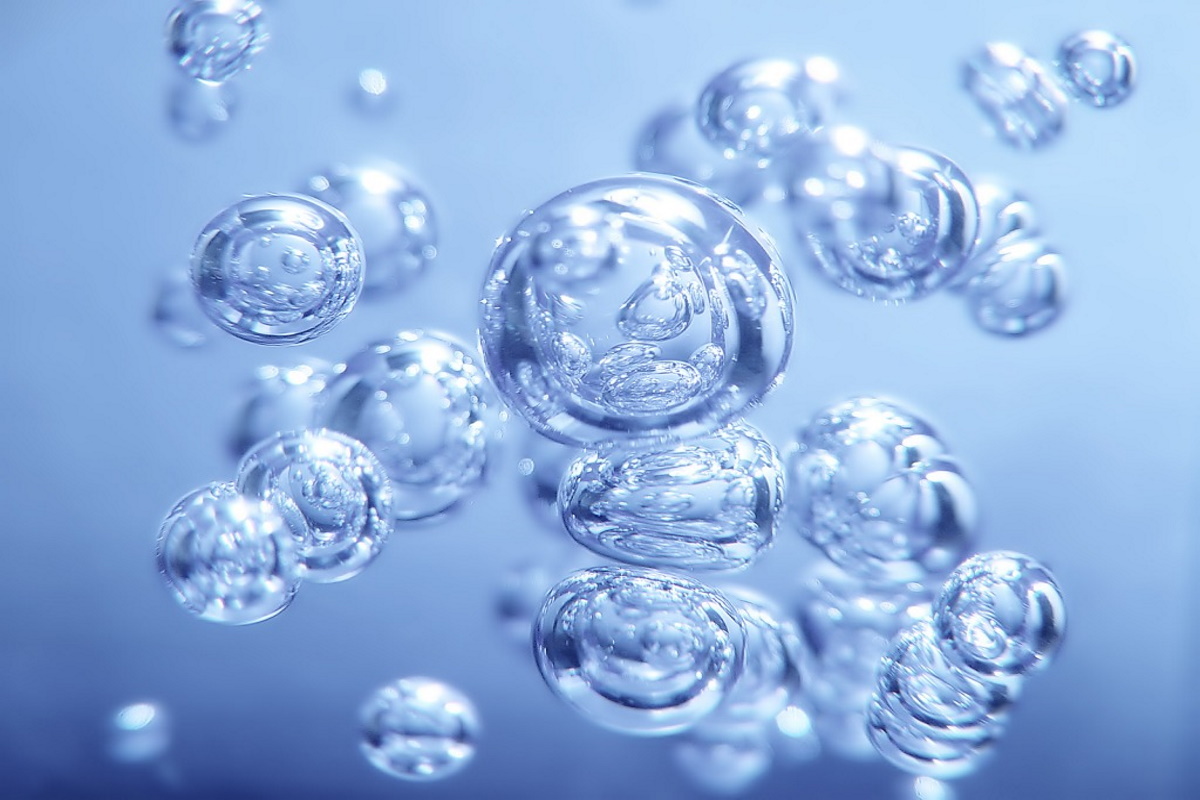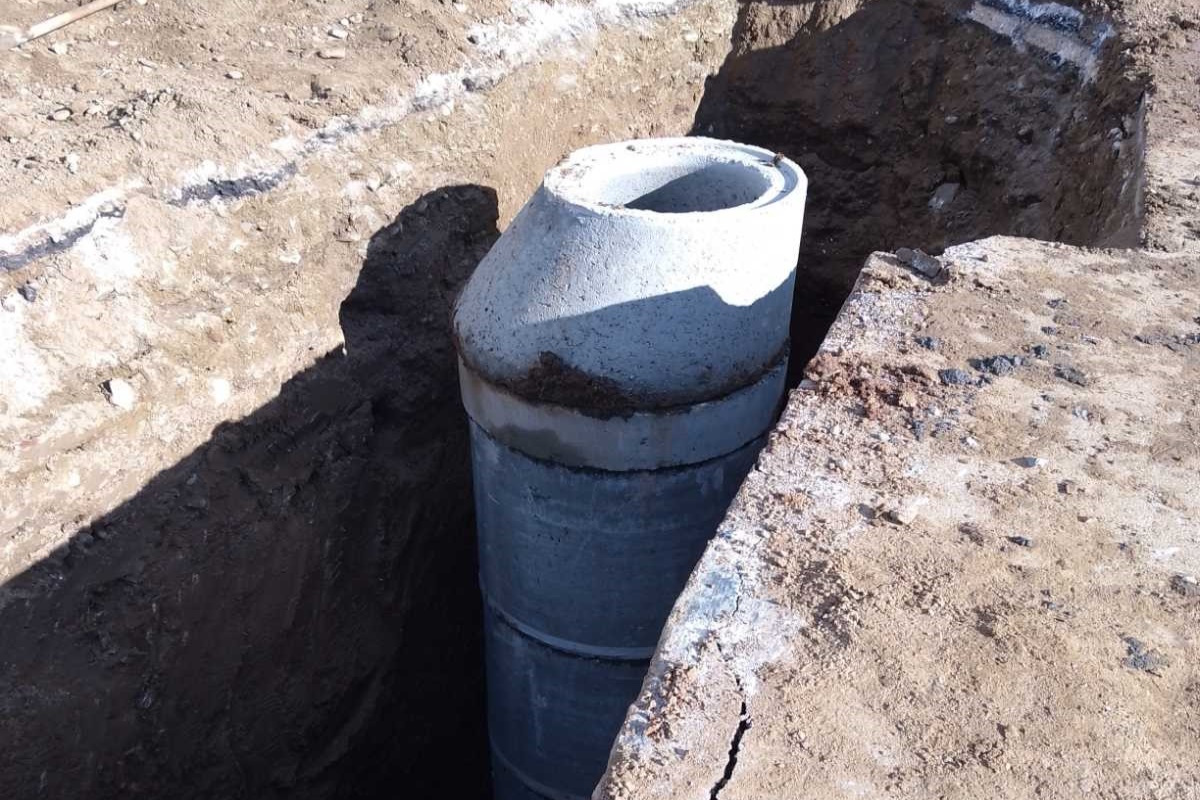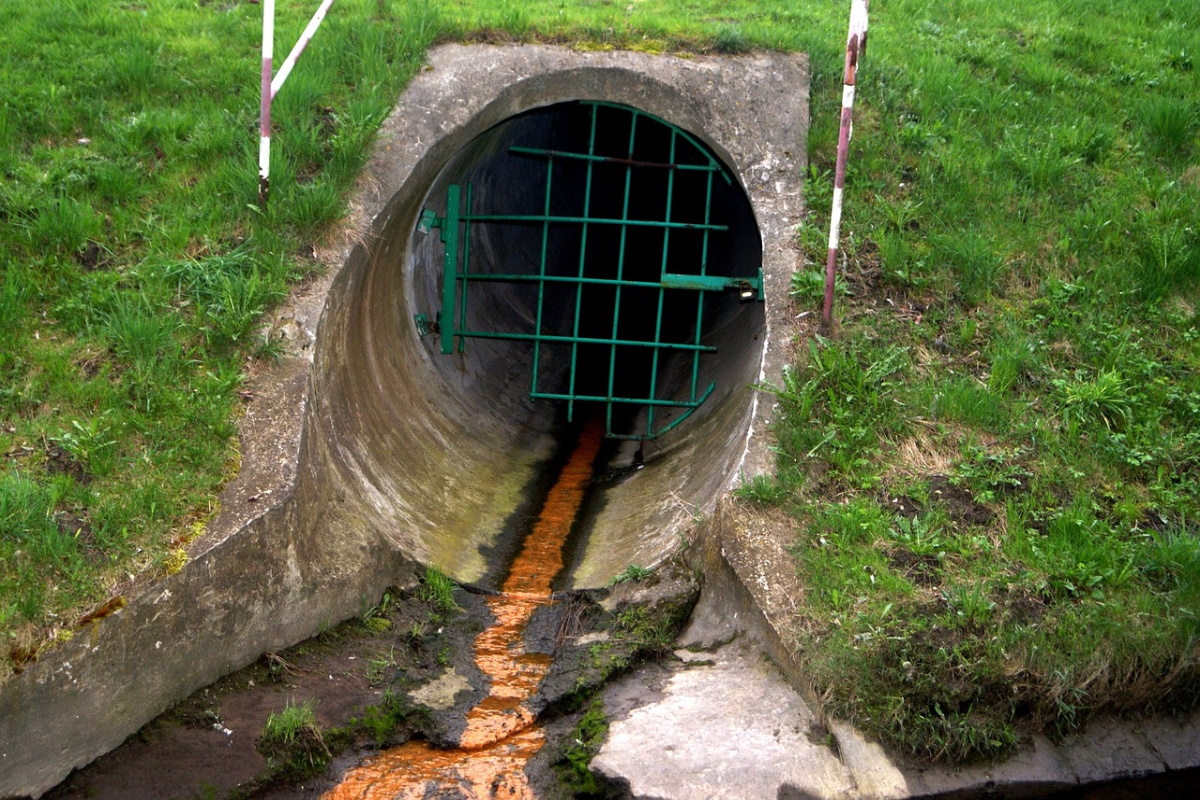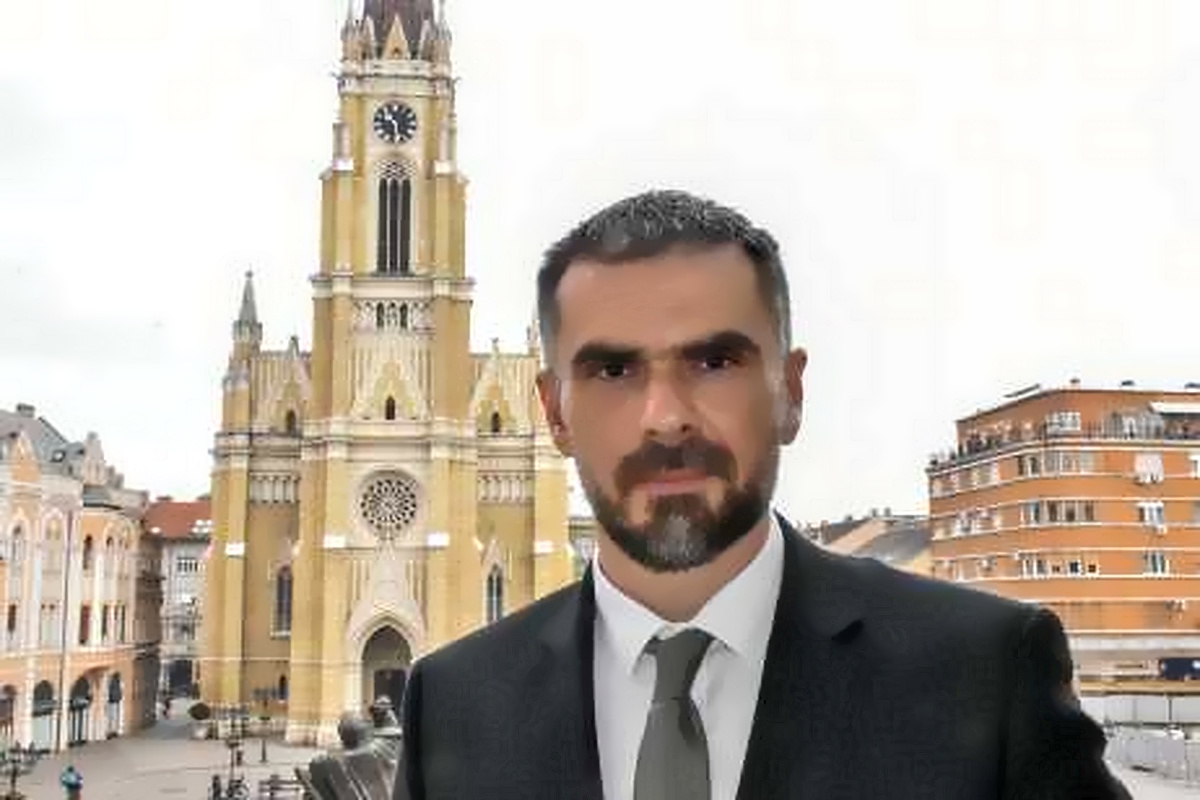Sometimes we don’t think about what we throw into the sewer. Many of these things can negatively impact the plant and animal life of our water systems.
One of the most common mistakes people make is throwing wet wipes into the sewer. Although they are often labeled as biodegradable, they don’t actually decompose in the sewer pipes. Instead, they cause blockages and end up in rivers and oceans, where they pose a serious threat to aquatic organisms.
A common belief that “it’s nothing” or “it’s so small it doesn’t matter” concerns pharmaceutical products. Antibiotics, painkillers, and even birth control pills often end up in the water, despite instructions on their proper disposal. These substances can cause serious changes in ecosystems, affect the health of aquatic organisms, and contribute to the development of antibiotic resistance.
Another contributor to excessive algae growth in rivers is food waste that ends up in rivers and water bodies. This phenomenon is often called “algal blooms.” The essence of the problem is that it reduces the amount of oxygen needed for the aquatic flora and fauna.
Recently, the U.S. banned the use of plastic straws and mandated the use of paper or biodegradable alternatives. Although they may seem harmless, plastic straws are just part of the plastic waste that ends up in our rivers and lakes. Plastic doesn’t decompose. One of the major issues is plastic bottles and bags, and sometimes we can observe floating plastic waste on larger water surfaces.
Chemicals and cleaning agents, such as pesticides and various poisons, that are often flushed into the sewer are another serious source of pollution. These substances not only degrade water quality but can destroy entire ecosystems, reduce biodiversity, and cause irreversible damage to the environment. Similarly, hygienic products like tampons, sanitary pads, and cotton swabs, which don’t decompose in the water, create additional ecological problems, as they end up in rivers and lakes, where they become a threat to aquatic life.
When these items end up in rivers and oceans, they have a wide range of negative consequences. Microplastics, chemicals, and pharmaceutical waste can poison aquatic organisms, disrupt their growth and reproduction, and often lead to a decrease in species numbers. Many aquatic animals can ingest plastic or other debris, leading to physical injuries, a lack of nutrients, and, eventually, death. Additionally, the excess of nutrients in the water can cause algae blooms, which lowers oxygen levels in the water, putting many species in life-threatening conditions. Finally, chemicals that enter the water can accumulate in aquatic organisms and eventually make their way into the human food chain, posing long-term health risks.
Education on responsible waste disposal and the use of environmentally friendly products can significantly reduce the negative impact on aquatic ecosystems. It is each individual’s responsibility to be aware of the consequences of their actions and to avoid contributing to water pollution. Only in this way can we preserve the cleanliness of rivers, lakes, and oceans, as well as the health of the life that inhabits them.
The implementation of the “Clean Serbia” project significantly contributes to environmental protection through the construction of sewer networks and wastewater treatment plants. This project plays a crucial role in reducing water pollution, improving environmental quality, and protecting aquatic ecosystems, thereby contributing to community health and sustainable development.










